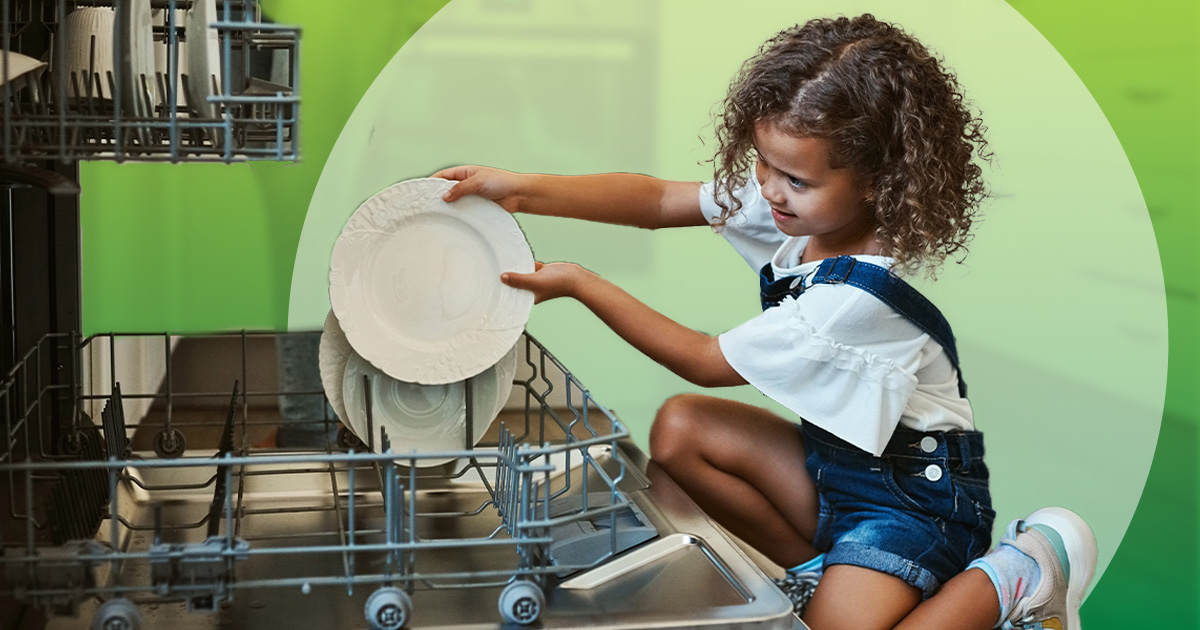Routines are more than just habits; they are the cornerstone of stability and predictability in a child’s daily life. For kids, especially those facing behavioral challenges, having consistent routines can provide the security they need to thrive.
As parents, caregivers, and therapists, we can leverage routines to powerfully support and achieve behavioral goals, ultimately helping children develop healthy, lasting habits.
In this blog, we’ll explore how routines support behavioral goals, the role routines play in child development, practical strategies therapists can use to incorporate routines effectively in their practice, and how resources like Carrotology can create effective routines that drive positive behavioral outcomes.
Understanding the Role of Routines in Child Development
For kids, routines:
- Provide a sense of security and predictability, reducing anxiety and behavioral outbursts.
- Help regulate emotions by setting clear expectations.
- Support brain development by reinforcing executive functioning skills such as planning, sequencing, and self-monitoring.
Identifying Behavioral Goals in Therapy
- Increasing attention span and reducing distractibility.
- Reducing tantrums and managing emotional outbursts.
- Enhancing communication and social skills.
- Developing independence in daily tasks.
How Routines Support Behavioral Goals

This consistency supports the development of healthy habits as repeated actions within routines become internalized over time.
Moreover, routines offer practical opportunities to reinforce learning by incorporating communication, social interaction, and self-care skills into everyday contexts.For therapists looking to deepen their understanding and application of routine-building strategies to support behavioral goals, resources like Carrotology’s guide to routine building for success provide valuable, evidence-based insights and tools to enhance therapeutic outcomes.
Common Questions About Setting Routines for Your Child
Therapists and parents often have similar questions when it comes to establishing and maintaining routines for children. Some of the most common concerns include:
Q: What if my child doesn’t like a change in routine?
A: It’s normal! Many kids feel safer with predictable routines. Introduce changes gradually with visual supports, like Carrotology, and give them some control to ease anxiety.
Q: Is it normal for my child to forget daily routines?
A: Yes, learning routines takes time. Use reminders like checklists or timers to help, and expect some forgetfulness as part of the process.
Q: Why is routine important for my child?
A: Routines provide stability, reduce anxiety, and help children develop important life and self-regulation skills through consistent practice.
Q: What if my child struggles with changes in routine?
A: This is common, especially for kids with sensory or emotional challenges. Use clear preparation tools like social stories and teach coping strategies to support them.
Practical Strategies for Therapists to Incorporate Routines
Assess Your Child’s Current Routines
Collaborate With Caregivers
Design Effective Routines
Embed Therapeutic Goals
To effectively embed therapeutic goals within daily routines, therapists can strategically incorporate targeted skill-building opportunities throughout common activities.
For example, mealtimes can include communication prompts to encourage expressive language and social interaction. Playtime offers a natural setting to practice important social skills such as turn-taking and sharing, fostering cooperation and empathy.
Additionally, daily routines like getting dressed or brushing teeth provide excellent opportunities to promote independence and self-help skills. By weaving these therapeutic goals into everyday tasks, children can practice and reinforce essential behaviors consistently, making skill development a natural and integrated part of their daily lives.
Maintain Flexibility

Tools and Resources to Support Routine Implementation
Therapists can support routine implementation by using visual aids, digital apps, educational materials, and offering training to help families build and maintain effective routines.
One outstanding resource that therapists and families can turn to is Carrotology. Through this task management app for kids, Carrotology lets you build structured tasks and is designed specifically to help families and professionals build meaningful routines that support behavioral goals in children.
Carrotology’s gamified approach offers an easy-to-follow interface and in-game awards that focus on motivation and positive reinforcement—a perfect complement to therapy plans.
Empowering Behavioral Success Through Routines
Routines are a powerful therapeutic tool that can help children achieve their behavioral goals by providing structure, predictability, and opportunities for skill-building.
Therapists who skillfully incorporate routines into their practice empower families to foster lasting positive behavior change and improve overall child well-being.
If you’re a therapist or caregiver looking to incorporate routines more effectively, start small, collaborate closely with families, and leverage the right tools.
By thoughtfully and flexibly integrating routines, therapists can unlock tremendous potential in the children they serve, helping them grow into confident, capable, and well-regulated individuals.


